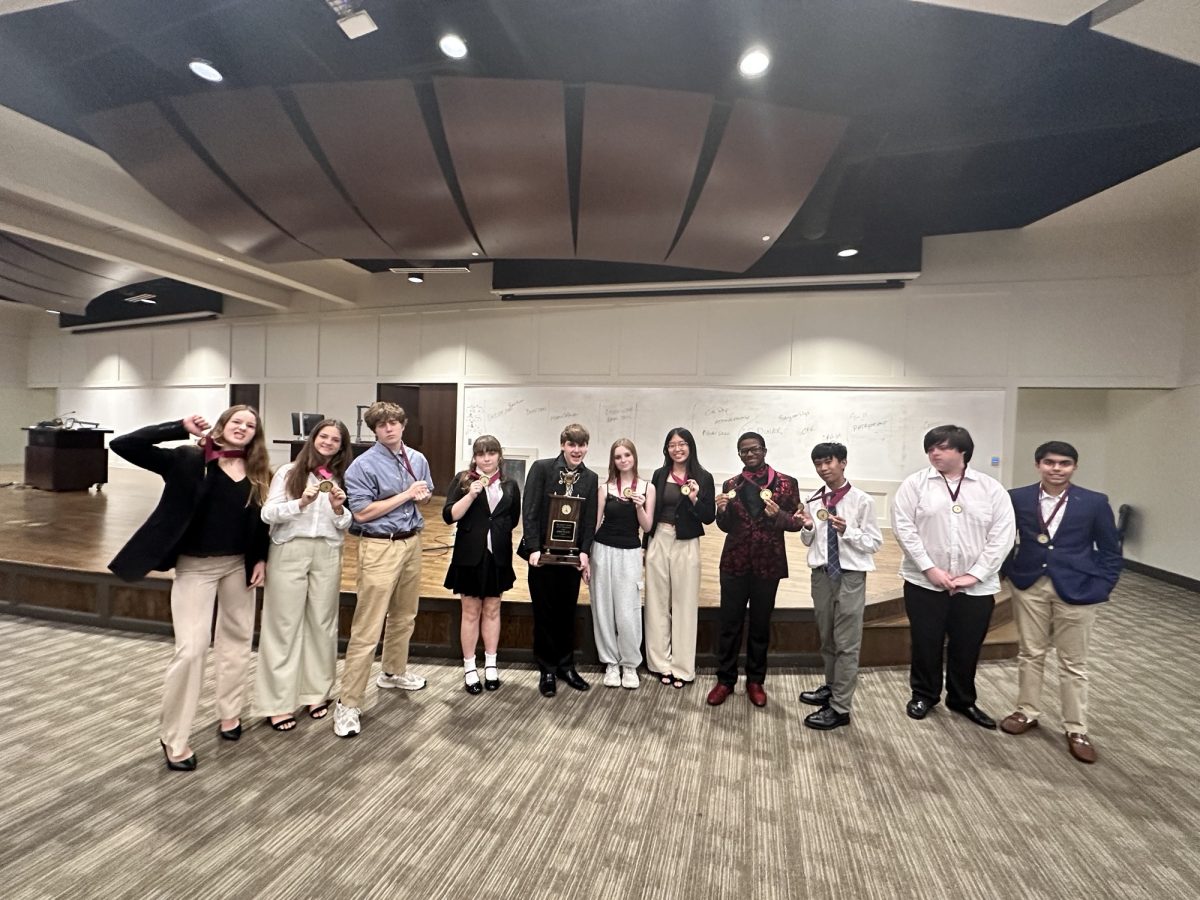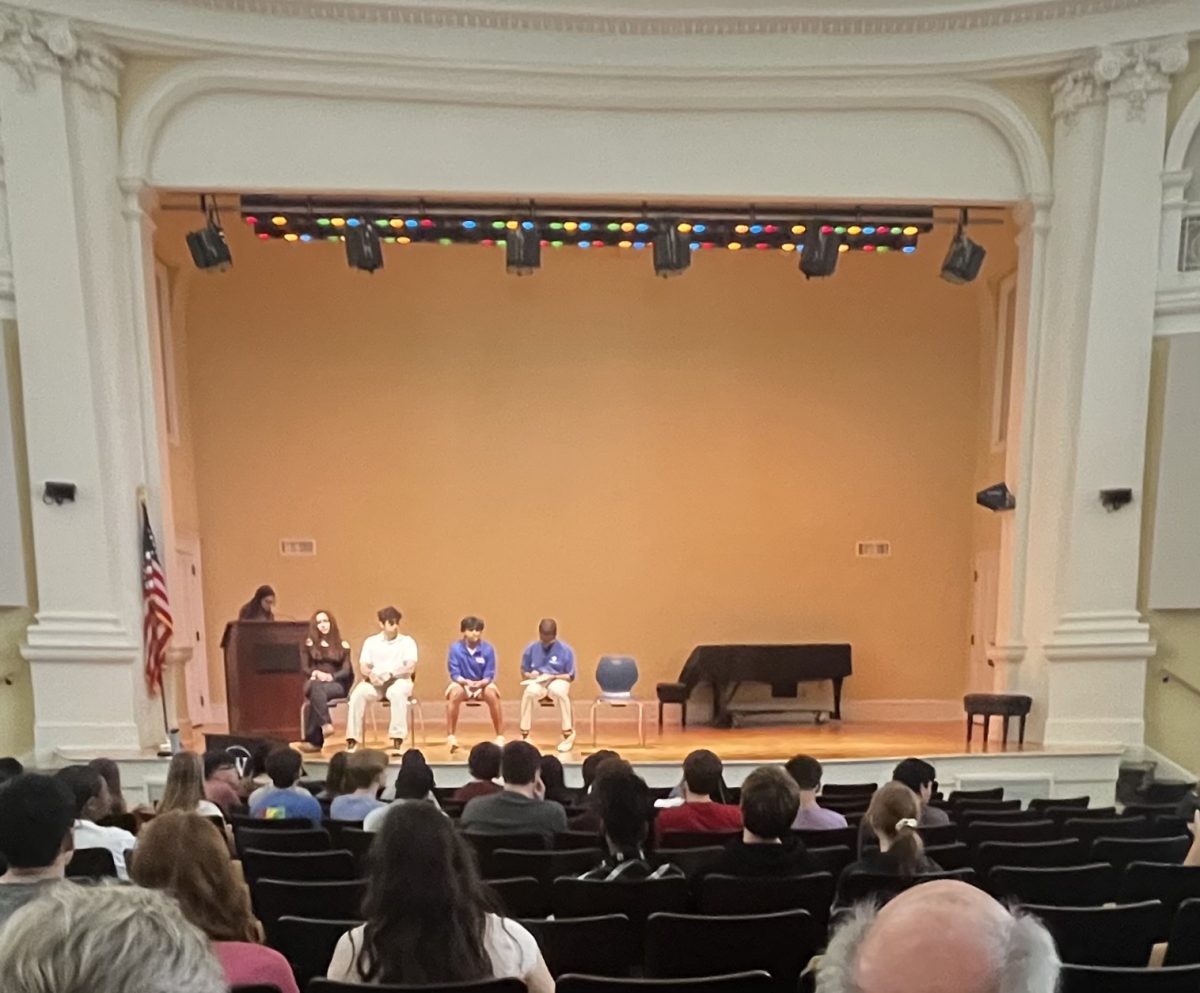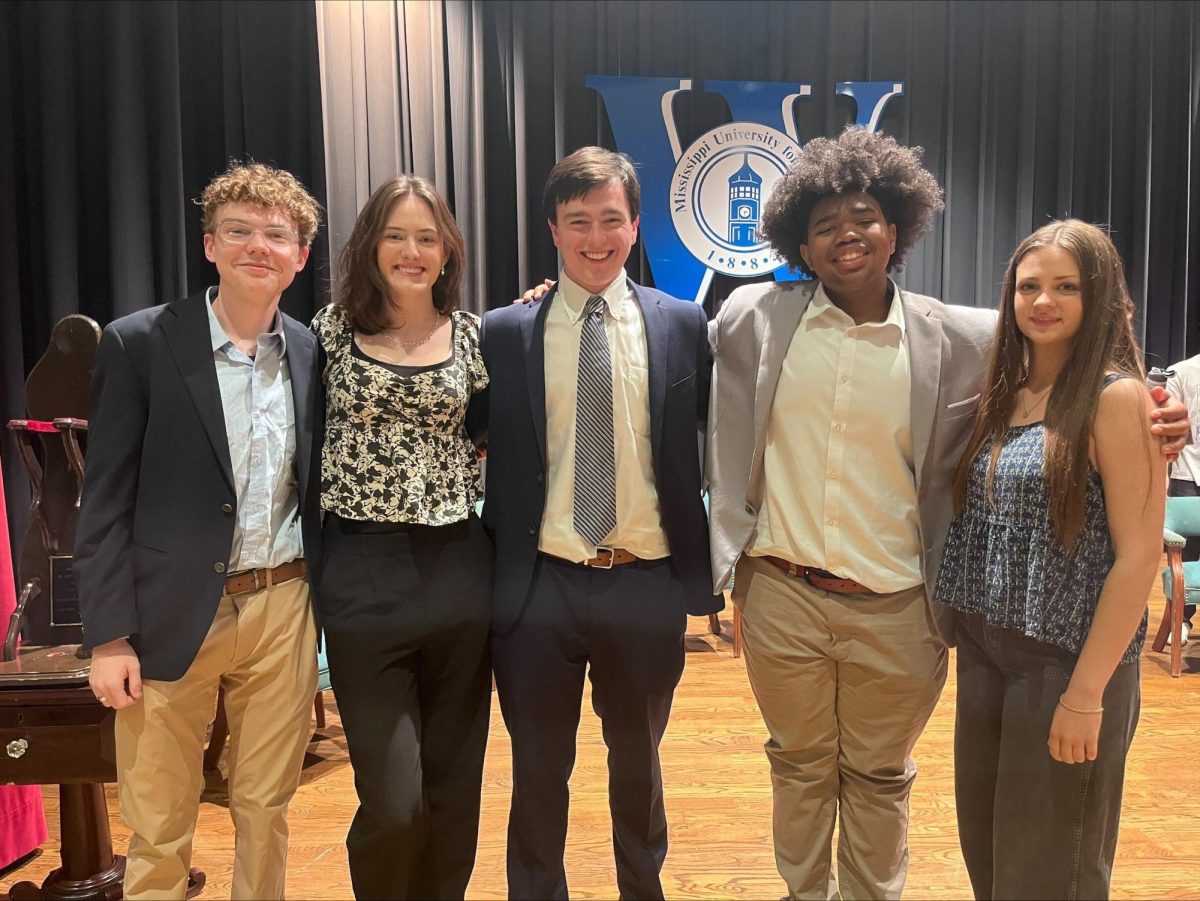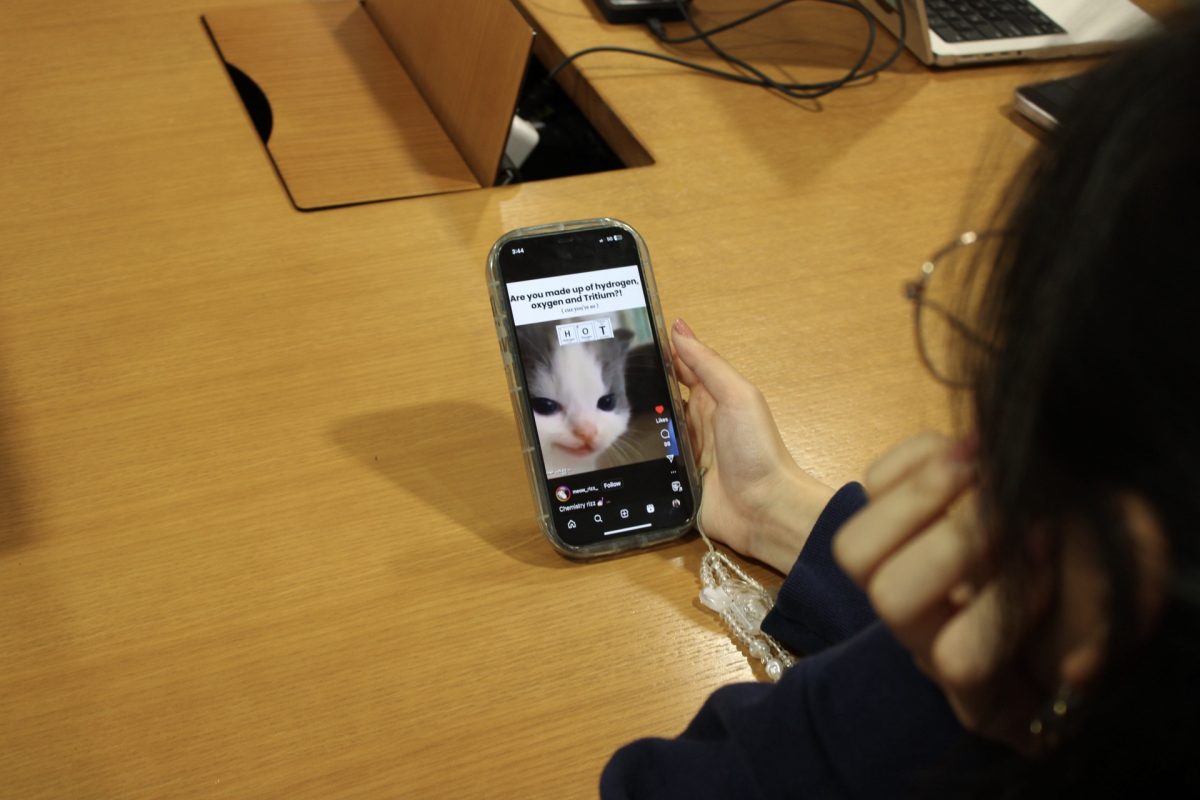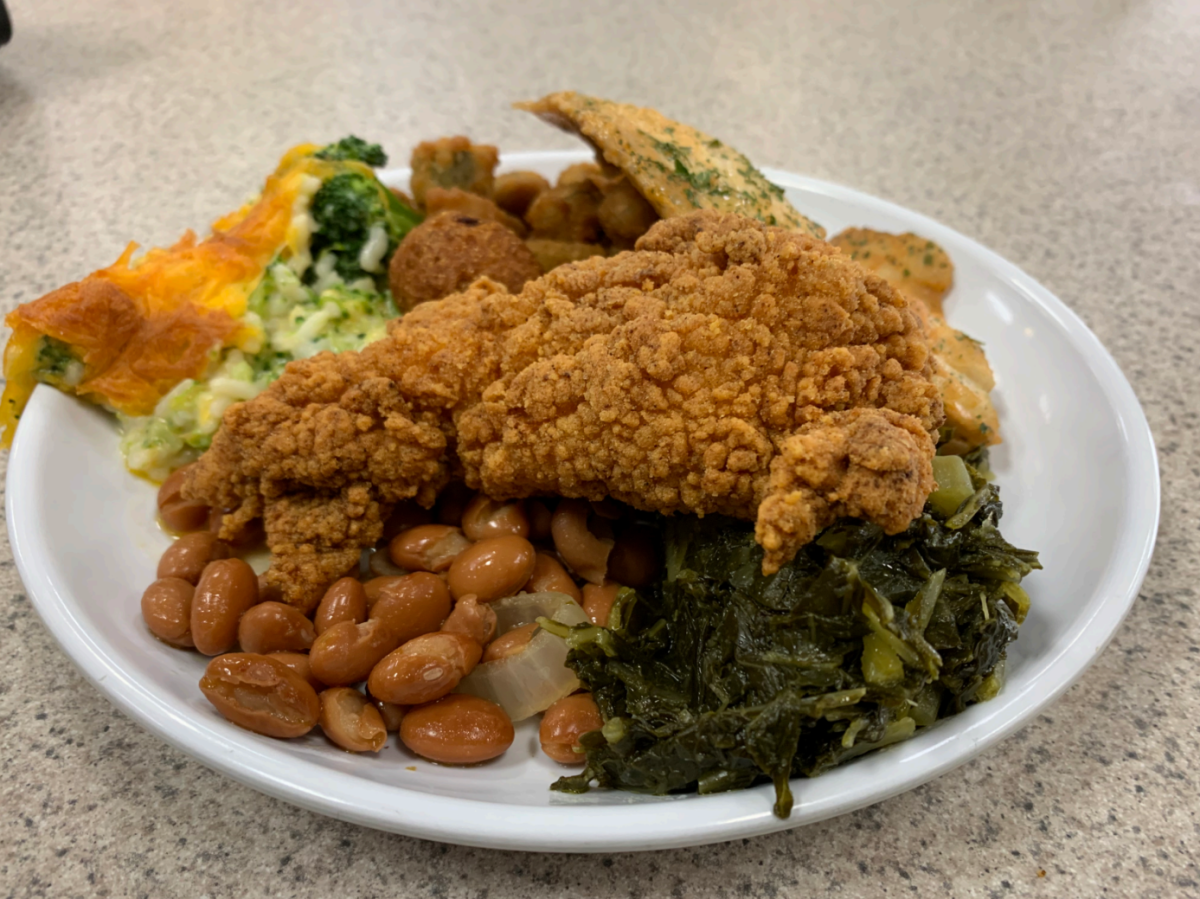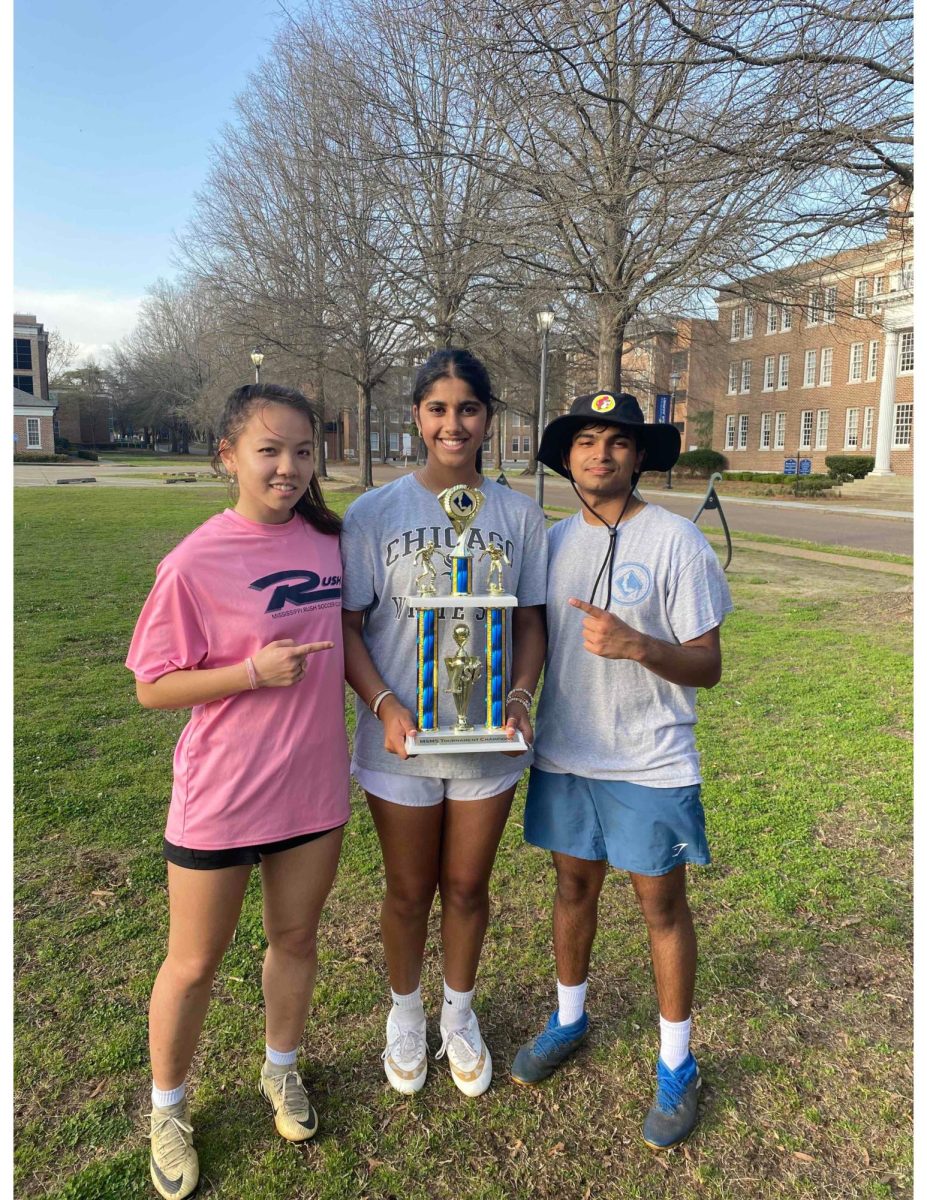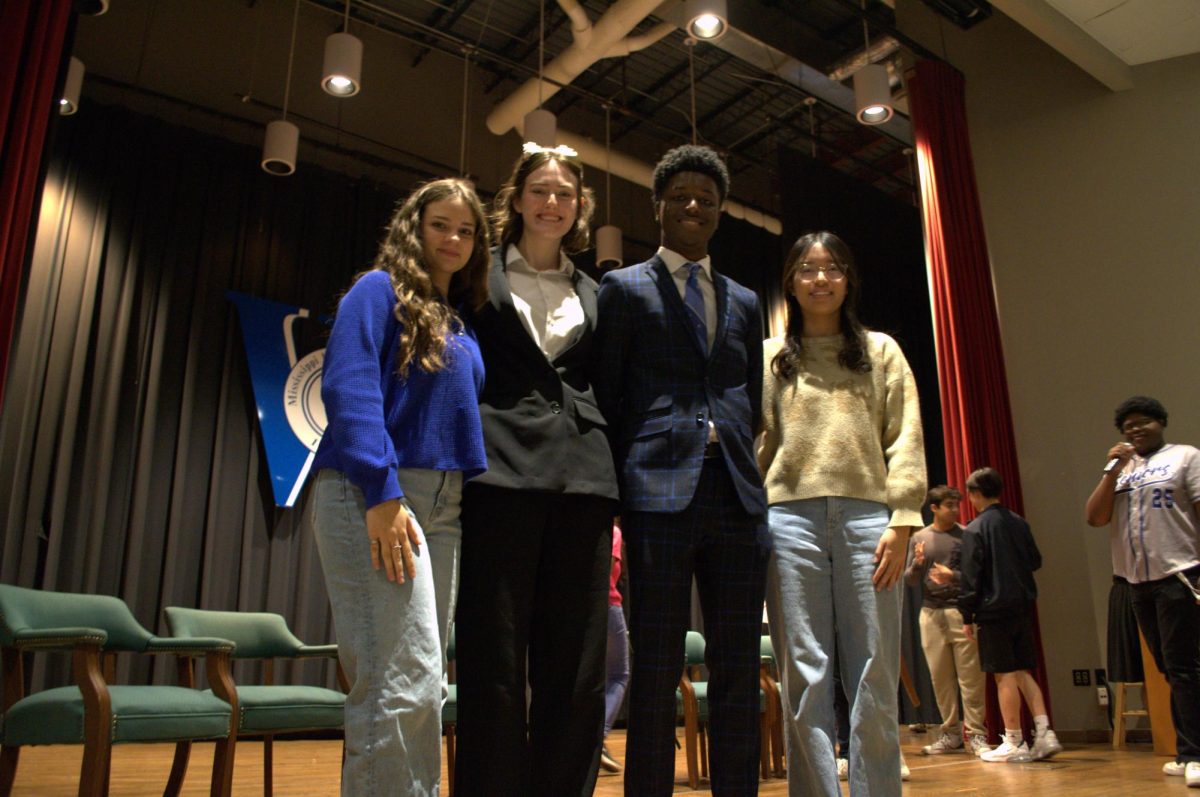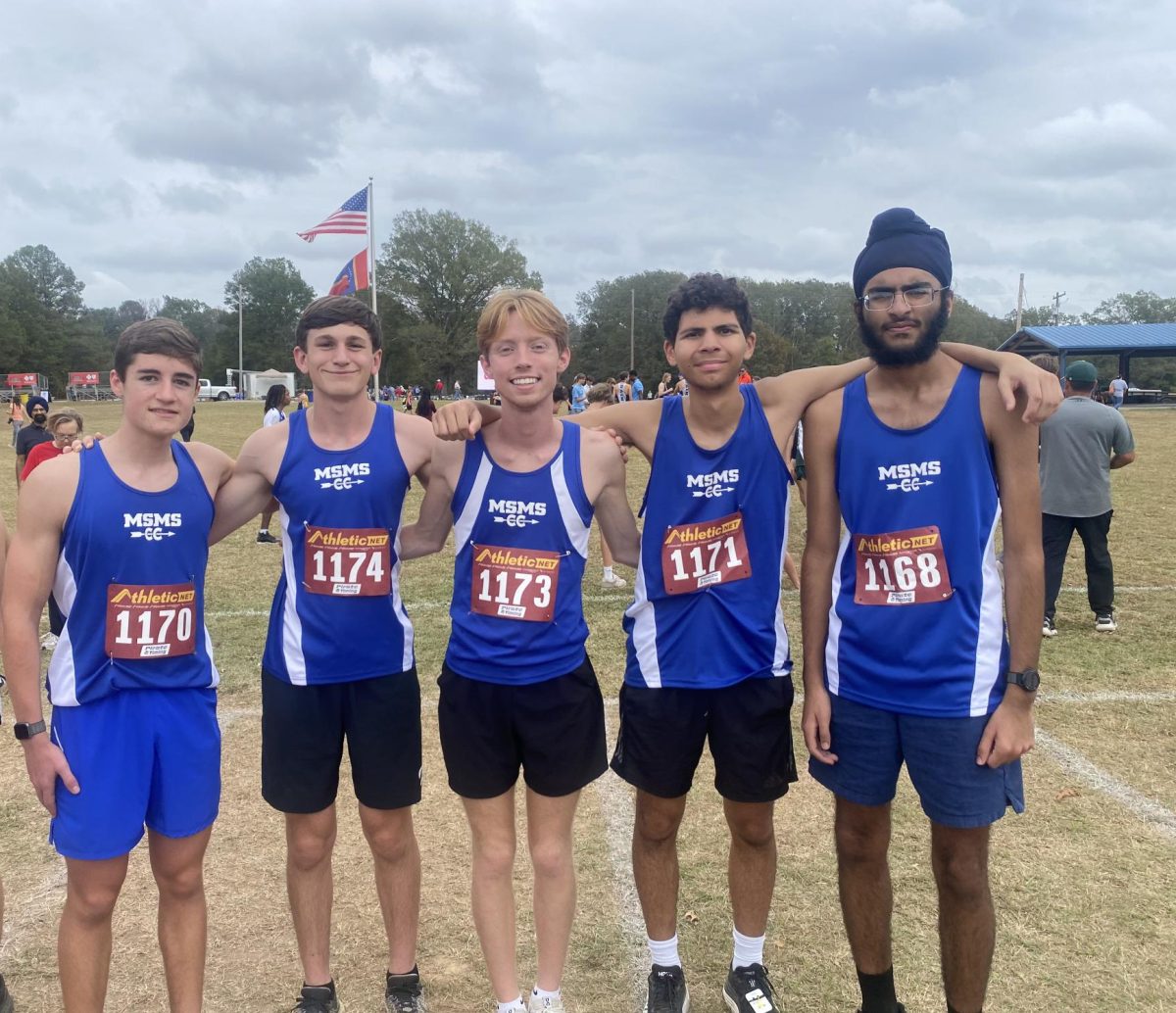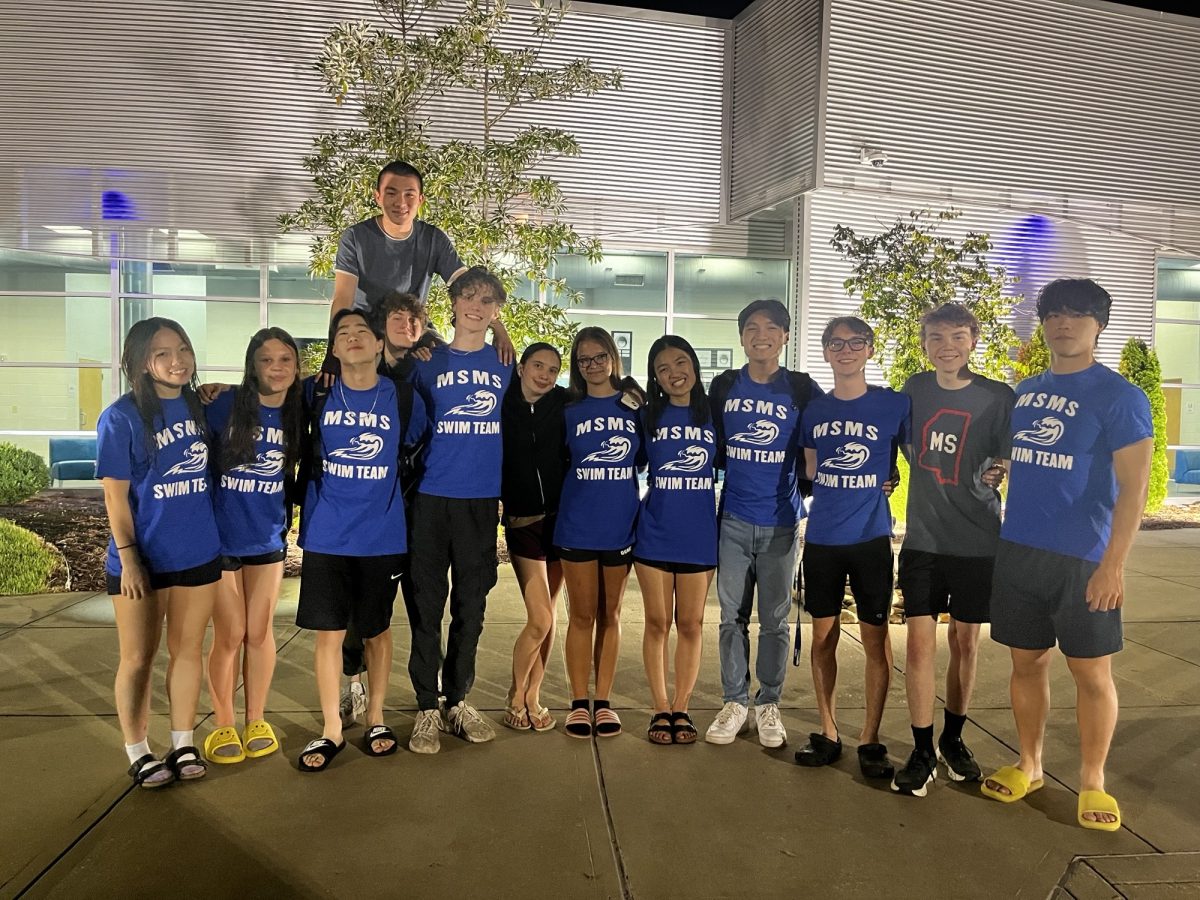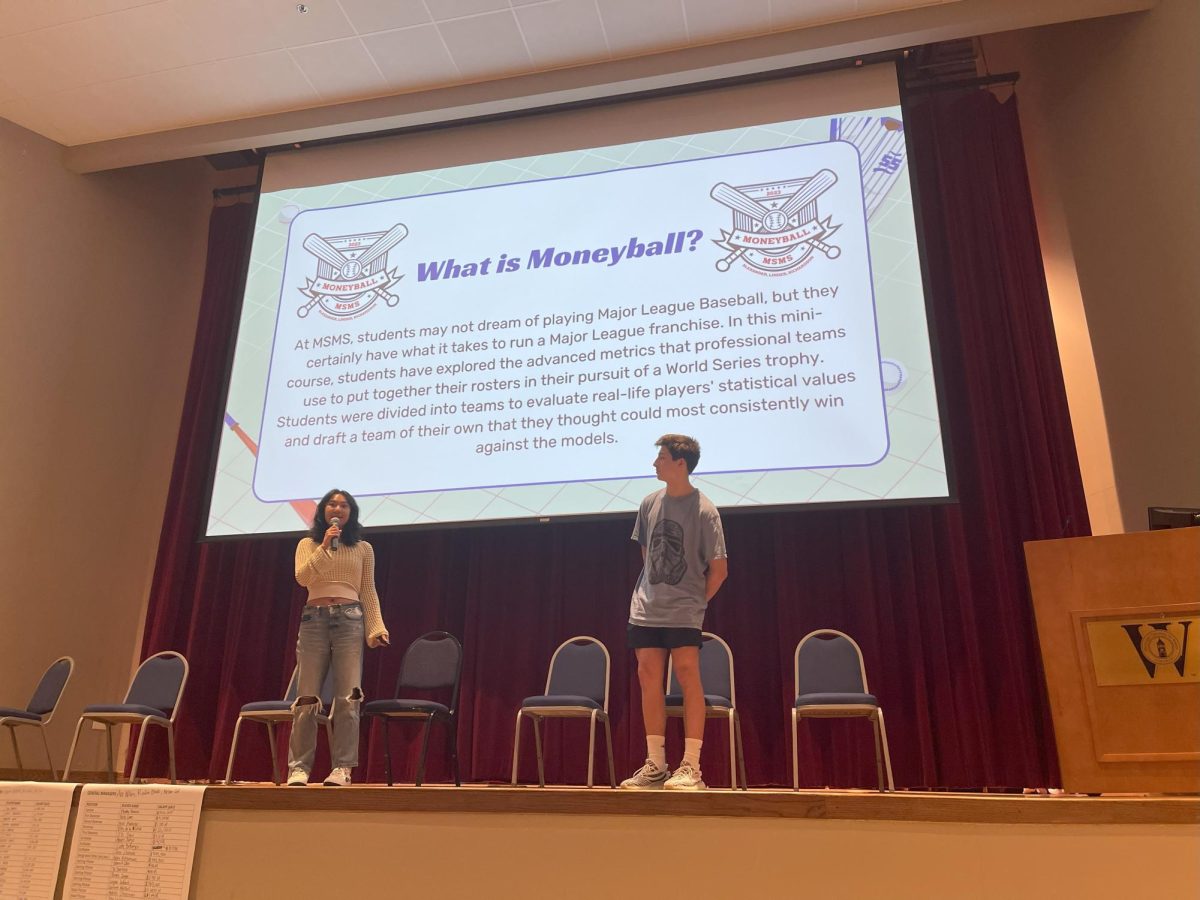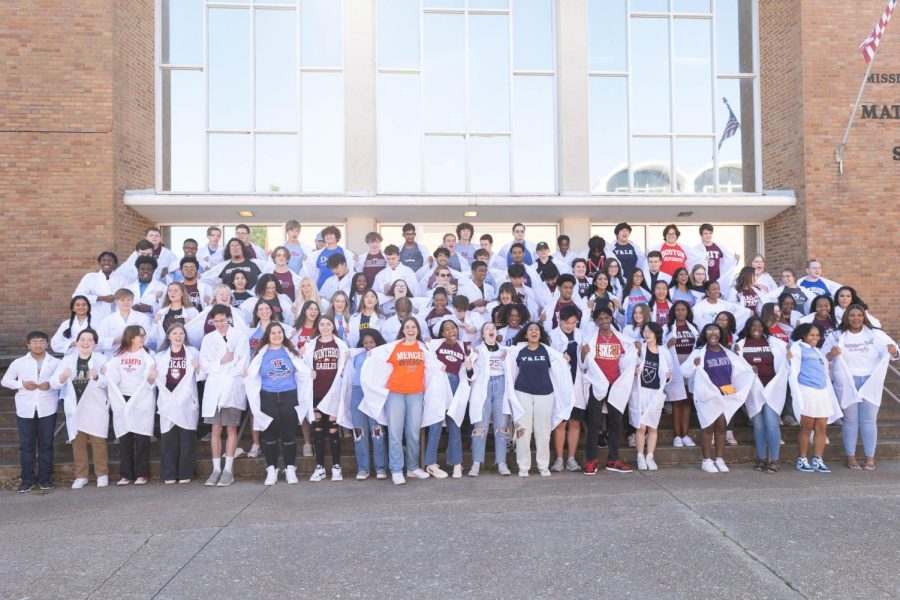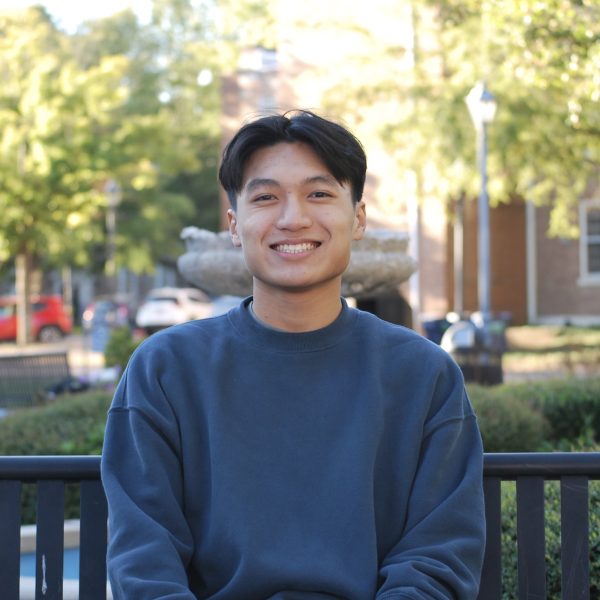MSMS Speech and Debate Club won the School of Excellence Award at its first debate tournament of the year, the John C. Stennis Novice Invitational, held at Mississippi State University on Sept. 6-7.
Senior Cratin Quinnelly secured first place in the Lincoln-Douglas debate format, defeating his finals opponent by unanimous decision. Quinnelly said he felt a bit of pressure as the entire Oxford team and most of the MSMS team came to view the final round.
“I honestly just took some deep breaths in between my opponent’s case,” Quinnelly said, “and convinced myself to see it as playfully arguing with a friend.”
To prepare for the variety of topics and debate styles, the club holds meetings every Tuesday from 5 to 6 p.m. During these meetings, members separate into different rooms to practice for their individual formats. The more experienced members guide new participants.
First-year club coach Franco Lopes said he is impressed by the students’ intelligence and their knowledge of philosophy. He said veterans of speech and debate read extensively, which contributes to their success on stage.
“I always tell them … read a lot, but also read things that are related to [the themes],” Lopes said. “I noticed in debates that sometimes the opponent can come with questions that are not specifically … related to it.”
Speech and Debate Club President Yaerim Choi said that while research and reading are important, the main way they practice is through conversations.
“You see a lot of speech and debate teams having talks over coffee, and that really was something informal that was happening last year, where we would sit down and we would just talk about philosophy… and topics that were going on around that time,” Choi said. “Informal conversation is really what … gets you ready for the impromptu stuff.”
Lopes said many people behind the scenes contribute significantly to organizing speech and debate events.
“I wish people would know, starting with our school leaders and people from our community, so they can also support those students who are already busy, but they take the time to keep speech and debate [running],” Lopes said.

